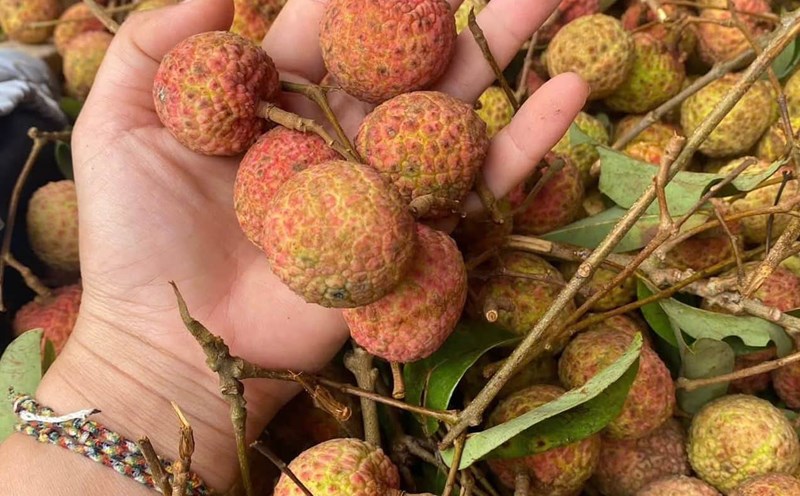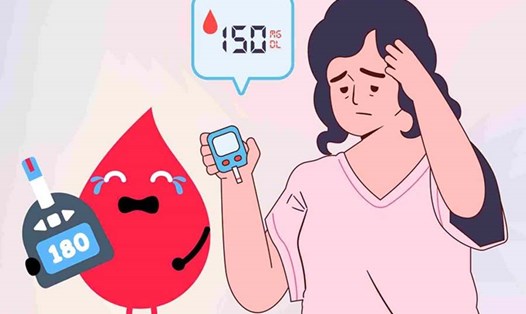So is drinking sugarcane juice really dangerous for blood sugar? And if you know how to use it scientifically, can you take advantage of the benefits without causing harm?
Fresh sugarcane juice has an average glycemic index (GI) of about 43-48, classified as low to medium GI. This is significantly different from refined white sugar (GI ~ 65) or industrial soft drinks (GI > 70).
The reason is because sugarcane juice contains natural sugars such as sucrose, glucose, fructose, along with antioxidants, polyphenols and minerals such as magnesium, potassium, calcium, which help slow down the absorption of sugar into the blood.
The phenolic and flavonoid compounds in sugarcane water help improve insulin sensitivity, reduce oxidative stress and mild inflammation, which are factors related to increased blood sugar.
Some animal studies have shown that sugarcane juice stimulates pancreatic activity and supports endogenous insulin production in the prediabetes model.
People at risk of hyperglycemia should consume carbohydrates after eating mainly or after light physical activity, instead of drinking on an empty stomach. This helps slow down the absorption of sugar, reducing the peak of blood sugar after eating.
You should drink sugarcane juice about 1 hour after main meals, or after walking.
Do not drink sugarcane juice instead of breakfast or on an empty stomach - it can easily spike blood sugar.
Combining sugarcane juice with fiber or lemon helps reduce sugar absorption:
According to the WHO, combining carbohydrates with soluble fiber or natural acids (such as lemon, vinegar) can slow down the absorption of sugar, thereby helping to stabilize blood sugar better. For sugarcane juice, the following methods can be applied:
Add a few slices of fresh lemon to sugarcane juice to increase alkalinity and lower blood sugar levels.
Drink with fiber-rich foods like soaked chia seeds, or have vegetables after meals.
Avoid drinking it with white mi, sticky rice, sweets - it increases overall glucose load.
Despite its many benefits, sugarcane juice is still a high source of monounsugarine, with 250-300ml of sugarcane juice providing about 25-30g of carbohydrates, equivalent to 120-140 kcal. Therefore, healthy people should limit:
Maximum 1 small glass/day (~200ml), do not drink it every day continuously.
People with prediabetes or at high risk should limit to 100ml/time, 1-2 times a week, with personal blood sugar monitoring.











